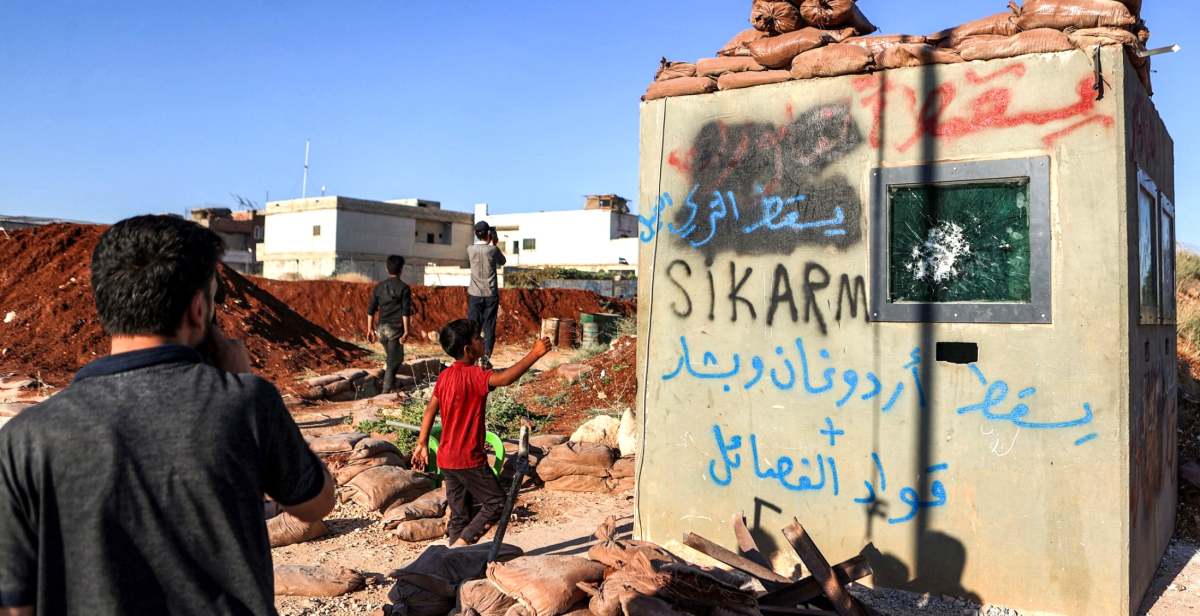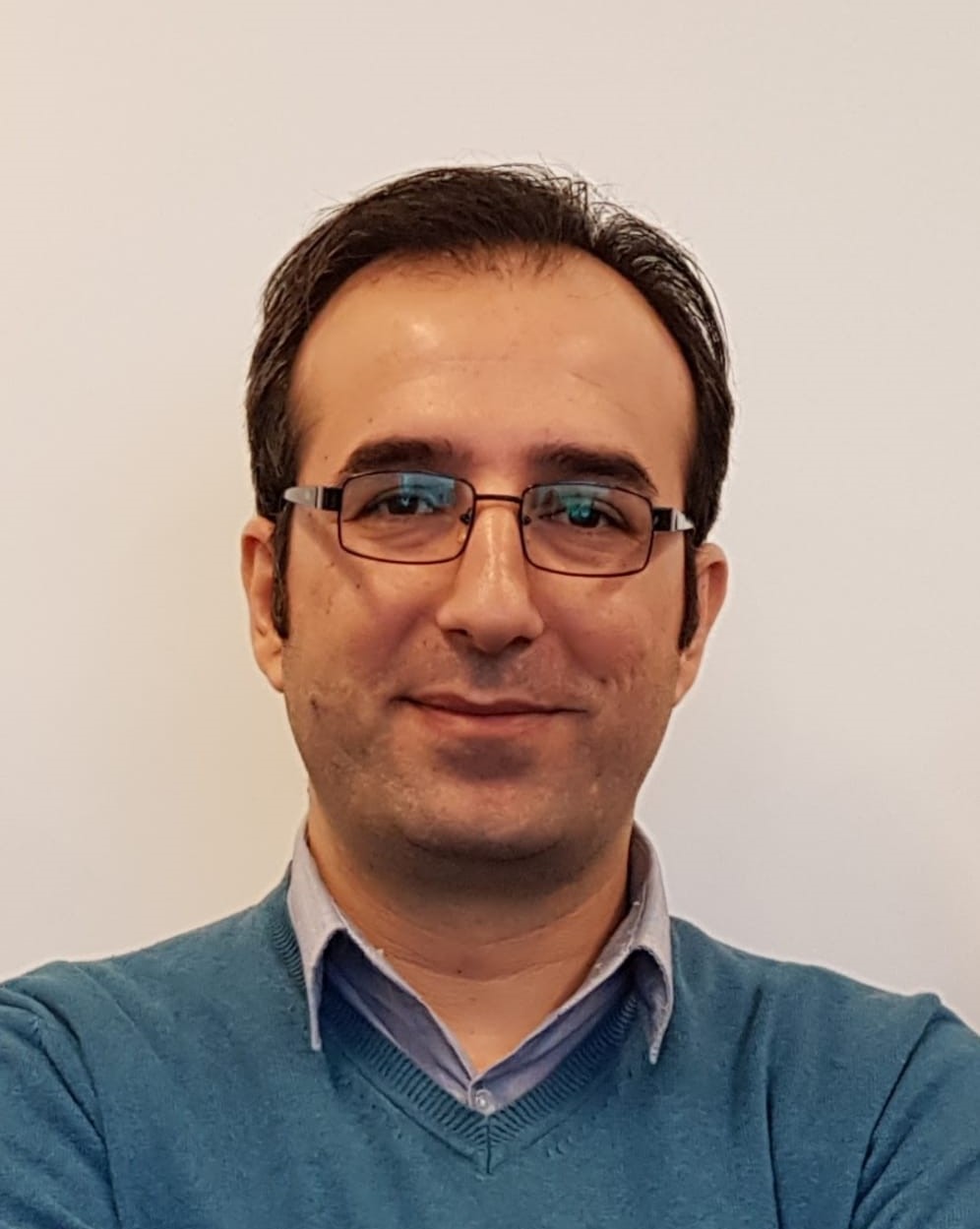Assad’s Stubbornness Delays Erdoğan Selling Out Syrian Opposition
By Shoresh Darwish
The Syrian opposition’s statements in response to Turkish leader Tayyip Erdoğan’s desire to reconcile with Syria’s Bashar al-Assad show their angry rejection, but do not provide a clear picture of what has even been proposed. Except for a small contingent of the Turkish-backed Syrian opposition that is justifying Erdoğan’s intention in a pathetic manner, the rest all seem to acknowledge a sense of betrayal. But they forget that the Turkish government always acts in its own interests, just as its war against Assad up until now had nothing to do with “freeing Syria” but was also in Ankara’s own self-interest.
Indeed, some opponents affiliated with Turkey since 2011 have expressed feelings of shock or regret. But at the same time, they have not made any political statement or clarification of what is going on outside the realm of emotions. Furthermore, they have not made any attempt to explain what Turkey is actually brewing up with such proposed reconciliation.
The stark irony lies in the fact that the one who is saving them from a complete capitulation and giving them one last glimmer of hope to survive is none other than Assad himself, not Erdoğan. This is because Assad’s rejection of reconciliation and meeting with Erdoğan are based on his two demands: the withdrawal of Turkish troops from Syria and the cessation of support for armed factions, making it likely that Erdoğan will lose interest and reconsider his stance.
Within this paradox, and for Damascus’ own considerations, the Turkish-aligned Syrian opposition is thriving, particularly the troika: SNA (Syrian National Army), the Muslim Brotherhood, and the armed factions (HTS etc.), but only for the time being. If the cautious regime in Damascus is counting on a change in the political situation within Turkey, this means that the pro-Erdoğan opposition faces a time limit of three years, which is the time until the next Turkish elections (which Erdoğan is presently banned from running in).
There would be a reason for Assad to assume Erdoğan’s control over Turkey is weakening, especially after the municipal elections last March, which painted a new picture marked by losses for his ruling coalition. Especially as Erdoğan’s AKP (Justice and Development) party lost control of key provinces, including most of the largest cities throughout the country.
However, deadlines and time limits are unable to extricate the Syrian opposition from its predicament, as they are characterized by internal weakness, lack of independence, and absence of a range of options outside of complete submission to Turkish will. Turkey’s Syrian opposition coalition has not developed any possible relationship with the West or the Arabs outside the framework of total dependency on Ankara. Furthermore, its reluctance to communicate with the other ‘oppositions’ has diminished its leverage and thus margin for maneuvering with the Turks.
Perhaps the most likely scenario regarding the current armed factions and militias loyal to Turkey in Syria and the similarities of their current conditions is what the Israeli-backed “South Lebanon Army” (SLA) was like prior to its collapse (1977–2000). In that case, Israel’s withdrawal from Lebanon left the SLA surrounded and outgunned, causing their quick collapse against Hezbollah. When that moment arrived, it became clear to them that they had outlived their geopolitical use. The officers of the SLA were reduced to residing in harsh humanitarian conditions inside Israel, so one can only imagine that what awaits Turkey’s proxies in Syria may be a much darker fate.
The Turkish-backed coalitions will likely only have three options: unconditionally surrendering to the Assad regime, a tragedy befitting of their situation; surrendering their fate to Turkey, who may hand them over to Assad under the pretext of “reconciliation” with Damascus, a dark comedy that would be hard to argue they do not deserve based on their behavior; or becoming permanent disposable mercenaries working on a contract basis for Erdoğan outside of Syria, where they are shuffled across the region as cannon fodder for Turkey’s expansionist agenda.

If history is any guide, it does not look good for them. For instance, it only took a brief period of time for Turkey to completely abandon and sell out its support for the Uyghur Muslims of East Turkestan to avoid China’s wrath. Very quickly, the Uyghurs went from “cousins” of the Turks, with Ankara’s propaganda arguing they deserved national solidarity, to an expendable inconvenience that was sacrificed to do business with Beijing.
Similarly, when Erdoğan decided it would be geopolitically beneficial to have reconciliation with Egyptian President Al-Sisi, he began selling out his former allies by revoking the citizenship for the leadership of the Muslim Brotherhood, shutting down the group’s media platforms inside Turkey, and deporting some of its influencers to Europe and the United States.
Concurrently, when Erdoğan believed he needed Baghdad, the media appearances of Sunni Iraqi political figures wanted by the Shia-led Iraqi judiciary were also soon restricted. At that point, the Sunni Istanbul metropolis, which Erdoğan had established to gather the region’s different opposition parties in order to apply his own pressure and blackmail states or regimes for his own benefit, began to implode.
This is likely the fate that awaits the Turkish-backed Syrian “political” opposition, whose leaders continue to deny that Turkey is abandoning their initiatives but are beginning to rightfully feel concerned. Despite Erdoğan’s insistence on beginning a new chapter with Assad, the majority of the Syrian opposition is torn between hoping that Erdoğan will abandon the reconciliation initiative or that Assad will persist in his stubbornness and obstruct any reconciliation based on Turkey refusing his conditions. But in either case, Turkey’s backed factions and militias will be powerless to oppose whatever the Turks say.
Even further, Turkey’s factions and the Islamic Council entered into a state of denial and began criticizing those who were rejecting the idea of reconciliation with Assad, in light of the protests throughout Turkish-controlled areas in northwestern Syria. This level of loyalty to Ankara really is vulgar when you consider that such a deal is popularly portrayed as “sedition” and a betrayal of their entire cause. All of this comes in light of Erdoğan’s threats to silence Syrian voices of dissent who can be labeled “terrorist supporters” when it is convenient for him. A further irony when you consider the violent and extremist nature of the groups in question.
Paradoxically, Turkey’s getting rid of this defeated, sluggish, and servile opposition is in the Syrians’ long-term interests. The end of the lies told by representatives of the “Syrian Revolutionary Forces” and the dominant group in the “Negotiations Commission,” as well as other Turkish-driven usurpations of Syrian opposition decision-making, will help restore the few and scattered rational and patriotic Syrian oppositions to the mainstream of the opposition scene. Turkey’s puppet groups were never a solution for the Syrian people, but an impediment to any progress being achieved.
Syria needs the emergence of an opposition that acknowledges its political and social defeat and takes responsibility in accordance with the interests of the Syrian people. Moreover, the issue of dependence on foreign powers, along with the destruction of national social structures, has become a vital lesson that opposing factions and movements must learn from. It is essential to return to a time when Syrian opponents could say “no to foreign intervention” as part of a series of wise “no’s” that Turkey and those who followed it have reduced to mere memory, and perhaps it is time that principle be restored.




Comments are closed.